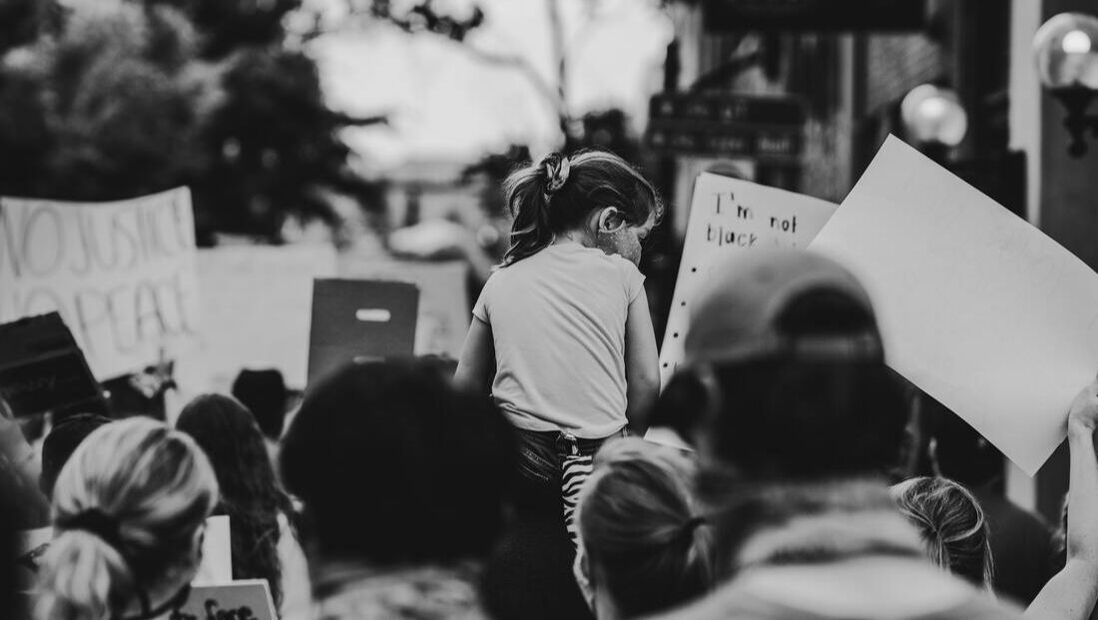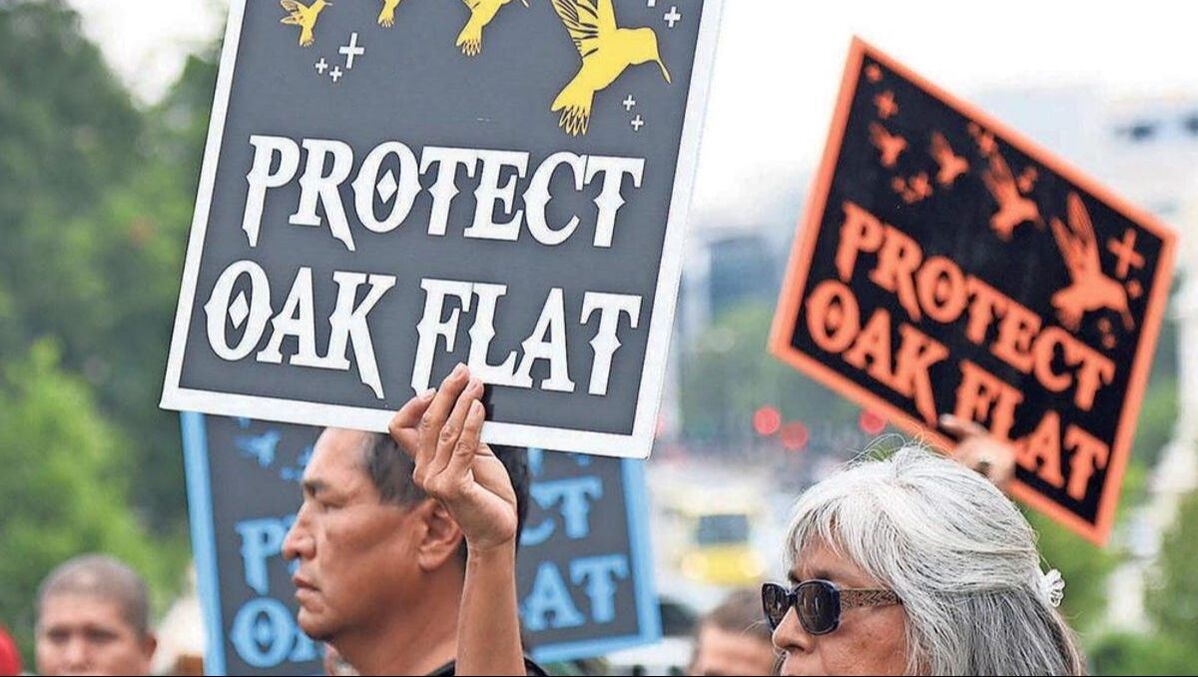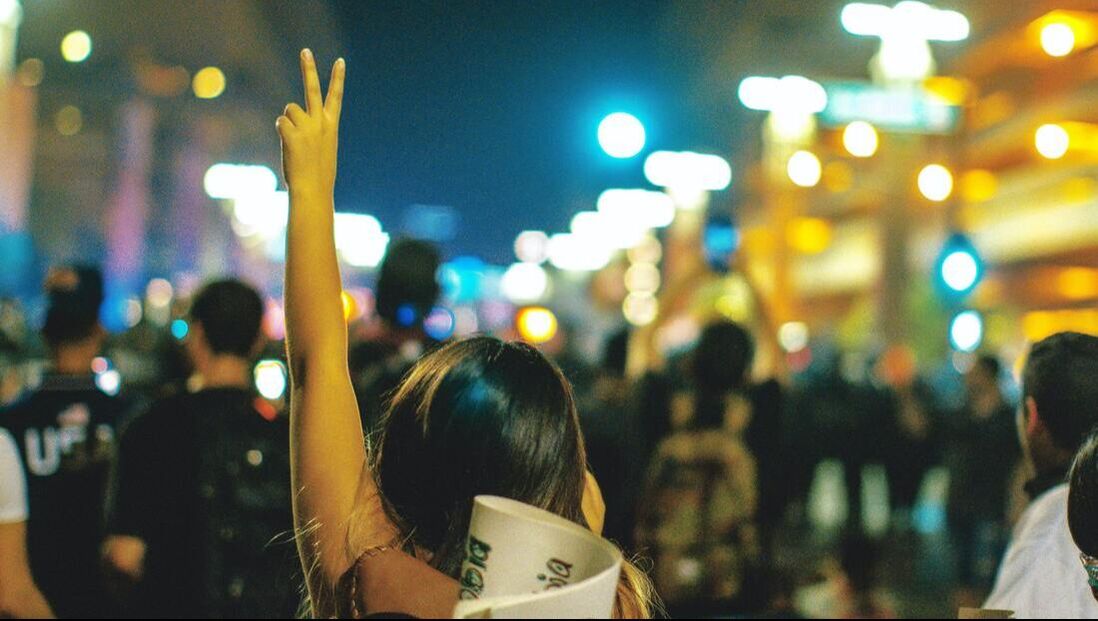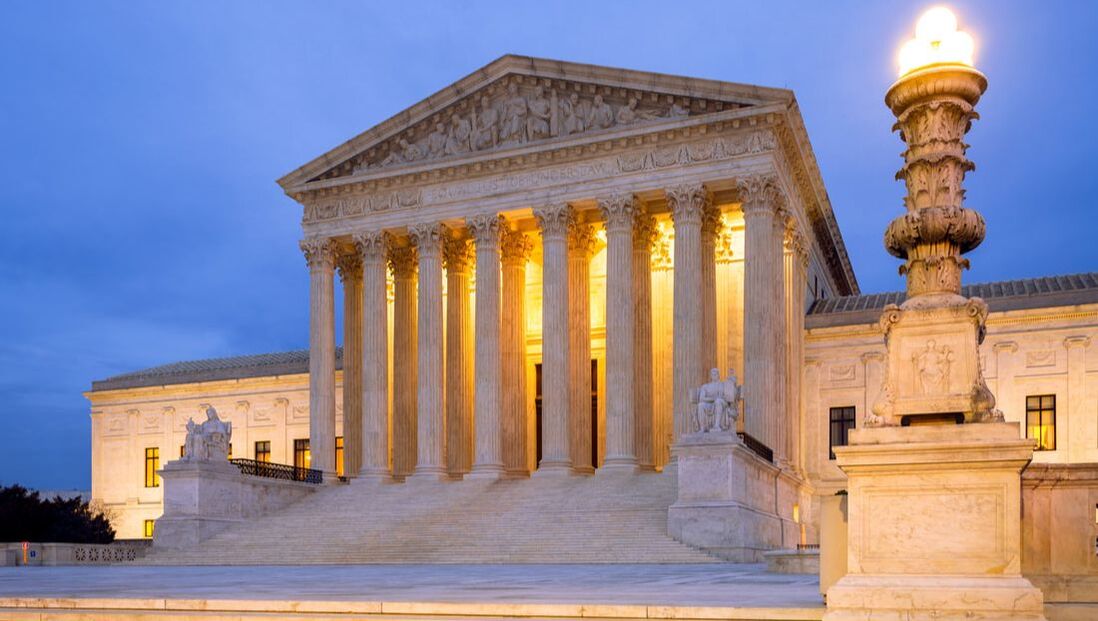|
Like book lice chewing on parchment, illiberal impulses from the right and the left threaten to narrow the plain meaning of the First Amendment.
Earlier this month, Protect The 1st reported on U.S. District Judge Mark Walker who issued an injunction on a new Florida law that would have prosecuted peaceful protesters who “participate” in events that turn violent. Judge Walker noted that because “it is unclear what it means to participate, the statute can plausibly be read to criminalize continuing to protest after violence occurs, even if the protestors are not involved in, and do not support the violence.” Judge Walker imposes on us the burden of separating people by their actions – the right to protest for a redress of grievances from violence. He made it clear that this burden is necessary if we are to remain a society that offers maximum protection for free speech. A similar issue arose out of Attorney General Merrick Garland’s testimony before the House Judiciary Committee last week. In this case, Garland was asked about a National School Boards Association letter that portrayed parents who object to teachings and policies in schools as participating in “domestic terrorism,” which could subject these parents to surveillance under the federal Patriot Act. (The NSBA later told its membership that this letter was sent out by two organization officials without approval.) It was on this basis that a Department of Justice memo signed by Merrick Garland initiated a national effort to open lines of “threat reporting” to the FBI. Rep. Jim Jordan (R-OH) asked if this was a “snitch line” for dissent. Rep. Steve Chabot noted that those who threaten violence “can be dealt with by security, or by local law enforcement.” For his part, the attorney general stoutly maintained that his purpose was to protect teachers, administrators and school board members from threats of violence. The attorney general reaffirmed he vigorously defends First Amendment rights of parents to “vociferously” question controversial issues from mask mandates to critical race theory. It is unlikely, of course, that any parent would ever be indicted for such speech. If this were to happen, the First Amendment would require a judge to bounce that case immediately. There is a more immediate danger, however, highlighted by Andrew McCarthy of The National Review, one that is the flip side of the Florida law that conflates protest with violence. The investigative process, McCarthy wrote, is “more than enough to suppress dissent.” The citizen is warned that he is being scrutinized by the federal government in all its comparative might. For exercising his supposed right to protest, the citizen will be harmed in a hundred different ways by the fact of an FBI probe – the anxiety of potential prosecution, the often prohibitive expense of retaining counsel, the loss of business opportunities because of the specter of prosecution, the loss of social ties as friends and associates abandon the citizen lest Leviathan sees them as fellow conspirators. The judge’s blocking of the Florida law and the outcry over FBI school board speech investigations will likely stop either of these initiatives from doing much damage. What remains disturbing is the failure of some on the right and the left to understand how delicate the actual practice of free speech is, and the wide berth we must give it so dissent and debate can flourish in America. On Friday, the 9th Circuit Court of Appeals in San Francisco will hear arguments from the Apache Stronghold in its last-ditch effort to prevent tribal sacred lands from being turned over to two foreign mining companies. If the Apache lose this last round, there may be no stopping the mining companies from gouging into the land, leaving a sinkhole two-miles wide and 1,000-foot deep.
What does Oak Flat mean to Apache people? Naelyn Pike of the San Carlos Apache says that this land is the “cornerstone” of her people’s religion. It is a site for religious observance, set aside by the Creator for the Apache as a “corridor to the next world.” It is a place for tribal ceremonies and a place, she says, for Apache people “to come every day.” “Everything that we use from our shoelaces, to how we wash our hair, to the stones we use for our prayers and our ceremonies are all a part of this land,” she says. If the 9th Circuit allows the destruction of Oak Flat, Naelyn says “it will be gone forever and eventually our religion will go with it.” It merits repeating – the destruction of Oak Flat is comparable to the destruction of the Vatican or Temple Mount for Catholics and Jews. The First Amendment explicitly protects freedom of worship. The Religious Freedom Restoration Act explicitly protects Americans from having substantial burdens placed on the free exercise of their religion. If the destruction of Oak Flat is not a substantial burden, words have no meaning. Members of the San Carlos Apache Tribe in Arizona are turning to the 9th Circuit Court of Appeals in San Francisco in a last-minute bid to stop a foreign mining company from acquiring their sacred lands from the federal government. If they lose, lands as sacred to their religion as the Temple Mount and the Vatican are to Judaism and Catholicism will be mined and transformed into a giant sinkhole.
The Apaches are asking the Ninth Circuit Court to reverse the refusal of a lower court to stop the publication of a final environmental impact statement on the mine. Such a step would give Congress and the courts time to reconsider an irreversible act that would destroy the centerpiece of these Americans’ religion. “The Apaches have a strong case that has so far received poor consideration by the courts,” said Gene Schaerr, general counsel of Protect The First. “The First Amendment protects the Apaches’ free exercise of religion. The Religious Freedom Restoration Act prohibits the government from substantially burdening that right. This appeal should be a slam-dunk for the Ninth.” Last summer, Americans angered by the murder of George Floyd passionately but peacefully protested in Minneapolis, Portland and other cities. Their protests were sometimes followed by rioting, looting and the burning down of businesses.
How do we treat peaceful protesters when violence is in the vicinity? A measure recently signed into law in Florida would have criminalized attendance at a rally where some violence occurs, even if the individuals charged with crimes committed no violent acts. “This targeting of protesters is shameful and directly contradicts our Constitution,” the NAACP Legal Defense and Educational Fund wrote in a filing with the American Civil Liberties Union and other groups. A federal judge recently agreed, bringing clarity to this issue when he blocked the implementation of that law. U.S. District Judge Mark Walker enjoined the Florida statute. What he said should be guidance to those on all sides who want to criminalize speech in the form of peaceful protest: If this court does not enjoin the statute's enforcement, the lawless actions of a few rogue individuals could effectively criminalize the protected speech of hundreds, if not thousands, of law-abiding Floridians. Because it is unclear whether a person must share an intent to do violence and because it is unclear what it means to participate, the statute can plausibly be read to criminalize continuing to protest after violence occurs, even if the protestors are not involved in, and do not support, the violence. The statute can also be read to criminalize other expressive activity, like remaining at the scene of a protest turned violent to film the police reaction. Those who engage in violence must be prosecuted. But laws should focus on those who commit criminal acts, not those who exercise their right to peaceably assemble and to petition the government for a redress of grievances. Next week the U.S. Supreme Court will decide whether to hear a First Amendment case brought by the American Civil Liberties Union about the withholding of opinions issued by the secret Foreign Intelligence Surveillance Court (FISC).
ACLU and its supporters want the Court to decide whether the FISC has jurisdiction to deny that the First Amendment provides a qualified right of access to the court’s significant opinions (subject to redactions); whether the Foreign Intelligence Surveillance Court of Review (FISCR) has jurisdiction to consider an appeal of the denial of such a motion; and whether the First Amendment provides a qualified right of public access to the FISC’s significant opinions. It’s the first time the nation’s high court has been asked to resolve whether the FISC must make its secret opinions public. While many view this complex case from the stance of government surveillance policy and privacy concerns, the vitality of the First Amendment is at stake as well. The ACLU’s petition is the culmination of a years-long, multi-tiered, labyrinthian dispute with the FISC dating back to 2013. ACLU states it “has filed three motions in the FISC asking it to release secret opinions authorizing the surveillance of Americans. The public has a right to see the legal decisions addressing novel surveillance programs that affect our privacy and free speech rights — but many of the FISC’s opinions remain closely guarded secrets.” George Will put it this way: “What is disturbingly anomalous is a court whose jurisdiction implicates fundamental rights, but whose reasoning is made public only at its discretion.” There’s further reason for concern: Other FISC opinions that have been made public have revealed major legal violations in the surveillance of Americans by the government. The ACLU maintains that under separation-of-powers principles, courts – not the executive branch – should decide whether judicial opinions ought to be made public. Voluntary review by the executive branch is not a substitute for judicial review, especially since the executive branch’s control of the FISC opinion declassification process makes it all too easy to release opinions slowly and opportunistically. The Justice Department, headed by Attorney General Merrick Garland, argues that the First Amendment doesn’t extend to the public’s right of access to secret decisions issued by a federal court. As a federal appeals court judge six months before he was nominated to be attorney general, Garland stated that court decisions are public documents, and that judicial decisions have been held open for public inspection since at least the time of Edward III. Judge Garland wrote of the right of access to judicial records: “At bottom, it reflects the antipathy of a democratic country to the notion of ‘secret law,’ inaccessible to those who are governed by that law.” Judge Garland’s statement is in harmony with an amicus brief filed by the civil liberties organization, The Project for Privacy and Surveillance Accountability: “This case raises a significant question: How can the American people learn of, debate, and cast informed votes relating to the Executive Branch’s surveillance activities performed in their names … if the government refuses to disclose that information?” Protect The 1st hopes the Court will bear in mind the words of one of its own — Associate Justice Elena Kagan, who said, "The Supreme Court … has the responsibility of ensuring that our government never oversteps its proper bounds or violates the rights of individuals. But the Court must also recognize the limits on itself and respect the choices made by the American people.” |
Archives
June 2024
Categories
All
|
ABOUT |
ISSUES |
TAKE ACTION |






 RSS Feed
RSS Feed